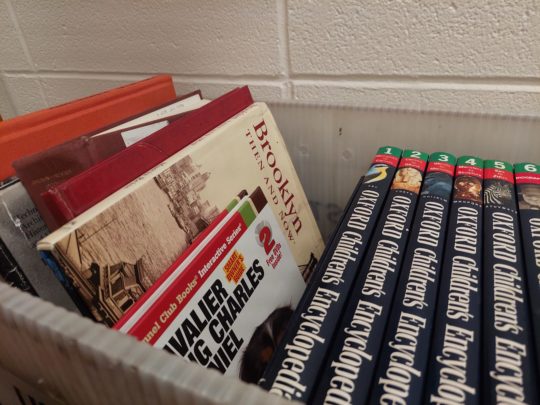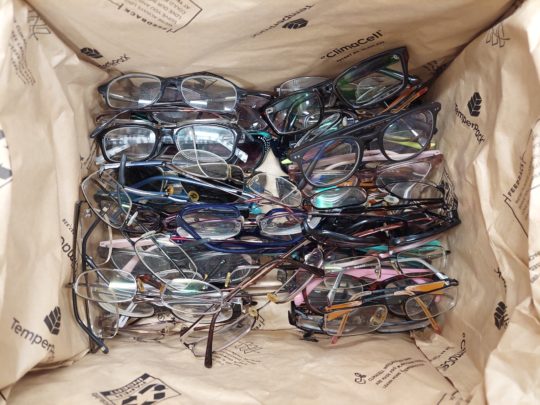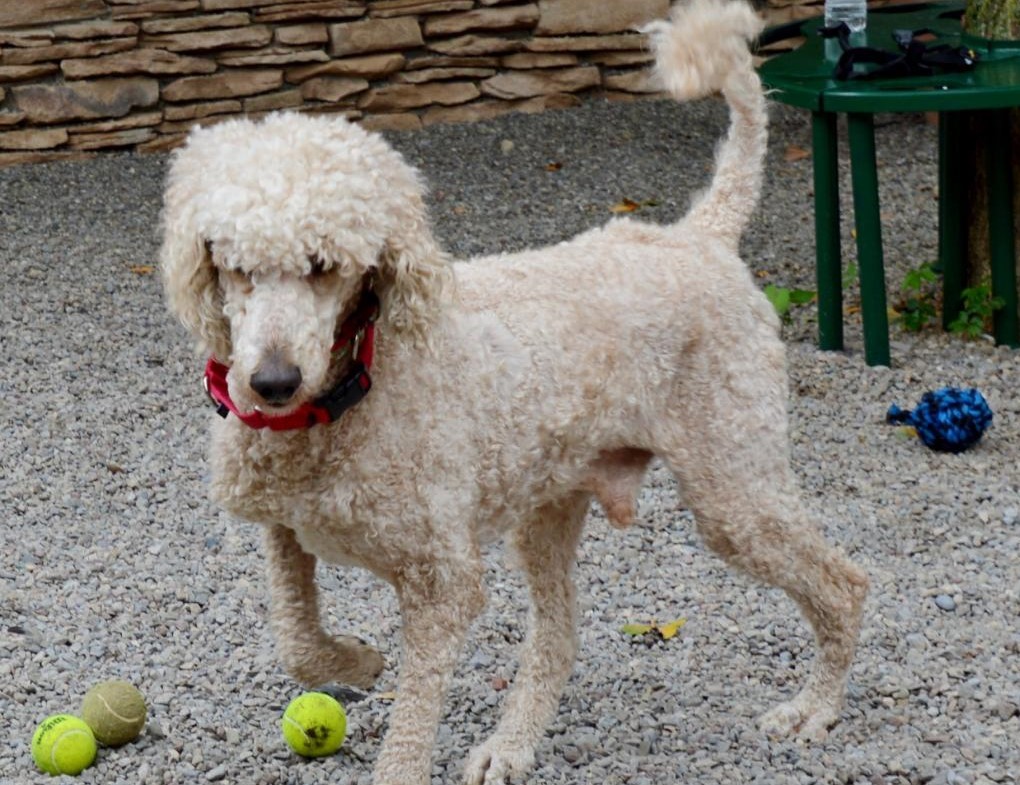In the waste disposal hierarchy, reusing or repurposing is preferable to recycling. Recycling is more optimal than landfill disposal and saves energy and resources compared to manufacturing items from virgin materials. But, recycling can still be an expensive, energy-consuming process that is further complicated by the risk of contamination. In comparison, reusing items is more straightforward—it can reduce pollution while also minimizing energy usage.
In an effort to encourage the reuse of items, various departments at the University have introduced programs to repurpose items that would otherwise be discarded. Tennis balls, old eyeglasses, used books, and CPR mannequins are just some examples of repurposing initiatives happening around the University.
Tennis balls
What happens to tennis balls after they lose their bounce? Unfortunately, many balls end up in the trash when they are no longer useful for tennis. But, the Department of Athletics and Recreation partnered with Lollypop Farm, Humane Society of Greater Rochester to repurpose balls that were no longer usable. These extra tennis balls have been given a new home at the Fairport non-profit facility, where they will be used as toys for rescued dogs on the farm.

Medical mannequins
After CPR instructors determined that old CPR/medical mannequins could no longer be used, staff members reached out to University Facilities and Services to find a solution to keep them out of landfills. The University of Rochester Medical Center, with the help of Sustainability Coordinator, Amy Kadrie, collaborated with local nonprofit Rochester Greenovation to rehome the mannequins. Rochester Greenovation is an independent organization committed to selling secondhand, reducing and reusing waste, and upcycling products that would otherwise be discarded.
Old textbooks
The University of Rochester Barnes & Noble at College Town is committed to repurposing used textbooks instead of discarding them. The store’s textbook buyback program offers up to a 50% of the selling price for used books, and once the number of books purchased back fulfils a professor’s order, they are re-entered into the national market for the current market price.
Books that are not recirculated in the market are shipped to Missouri Book Services, a company that specializes in buying and selling second-hand books. Books that cannot be resold are shipped to Better World Books. The business, which donates books to schools and libraries worldwide, offers carbon-balanced shipping—an initiative to minimize the carbon footprint of the delivery process by opting for clean energy.

Similarly, the University Barnes & Noble ships old textbooks freight, which is generally more environmentally-friendly and cost-effective than transporting via a truck or plane. During the COVID-19 shutdown, the store continued to repurpose books in-house. It also “sent out books with no local value to either Missouri Book Services or Better World Books, depending on condition and edition,” according to general manager Frank Tallarico.
Eyeglasses
Twice a year, in March and August, University Facilities and Services collects unwanted prescription and non-prescription eyeglasses in partnership with the Lions Eye Bank at Rochester. Glasses may either be mailed in or dropped off at Flaum Eye Institute. This August, a total of 493 pairs of glasses was collected, with the mail-in option receiving 188 pairs and the Flaum Eye Institute collecting an additional 305 pairs. Since its initiation in August 2014, the University community has donated a grand total of 10,202 pairs of glasses!
Glasses collected through the program are then passed onto the Lions Club International to be cleaned, sorted, and packaged by volunteers. The Lions Club International is a leading organization in “helping combat vision impairment and blindness.” Donated eyeglasses are distributed to people in need, both domestically and in developing countries around the world.

Do you have materials you would like to repurpose? Contact Amy Kadrie to share your reuse story or explore available options.
Written by Syeda Mahnoor Raza (’24)
Top Photo: Jinbo, from Lollypop Farm, plays with reused tennis balls (Courtesy of Nikkie Wargo-Catallo)

